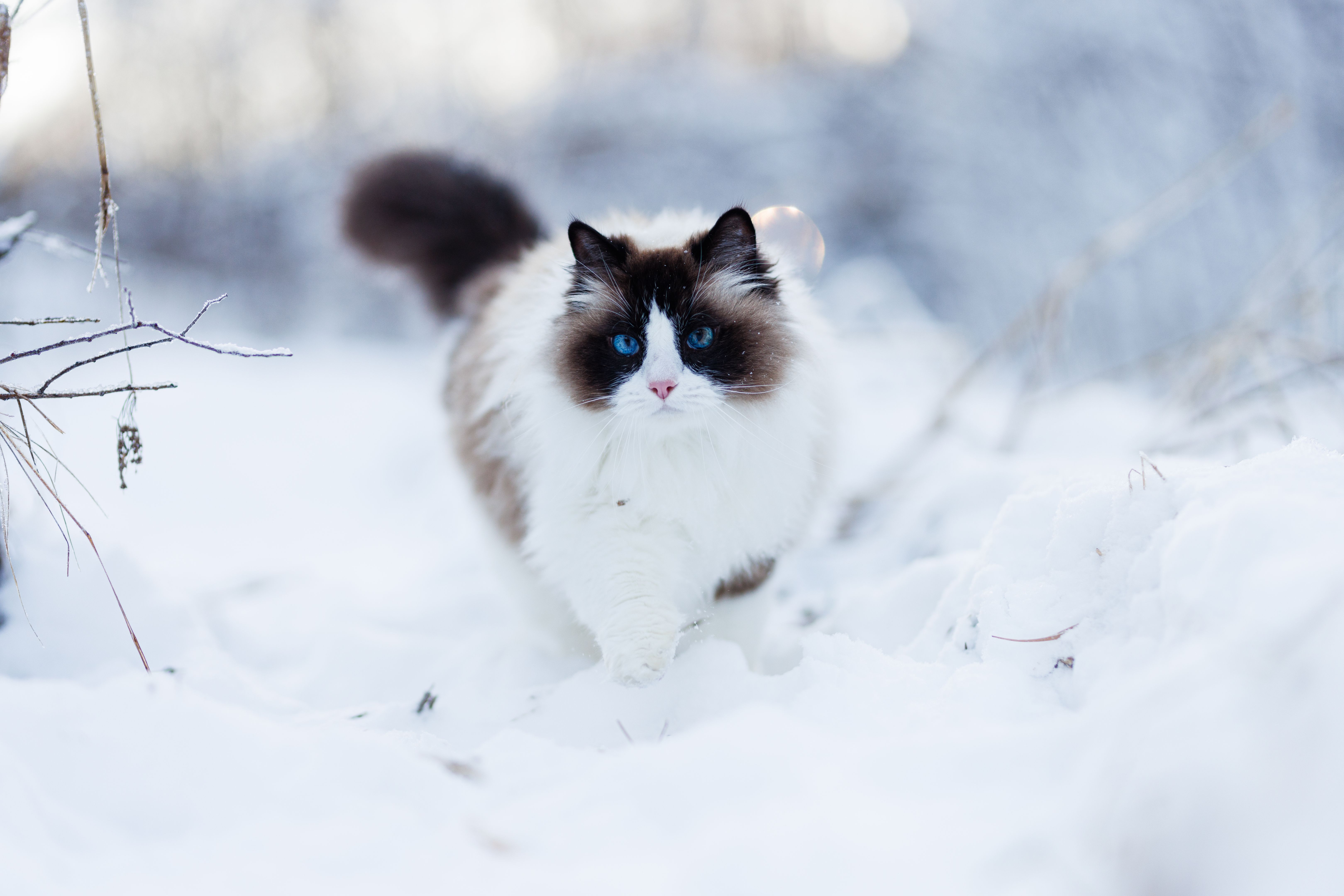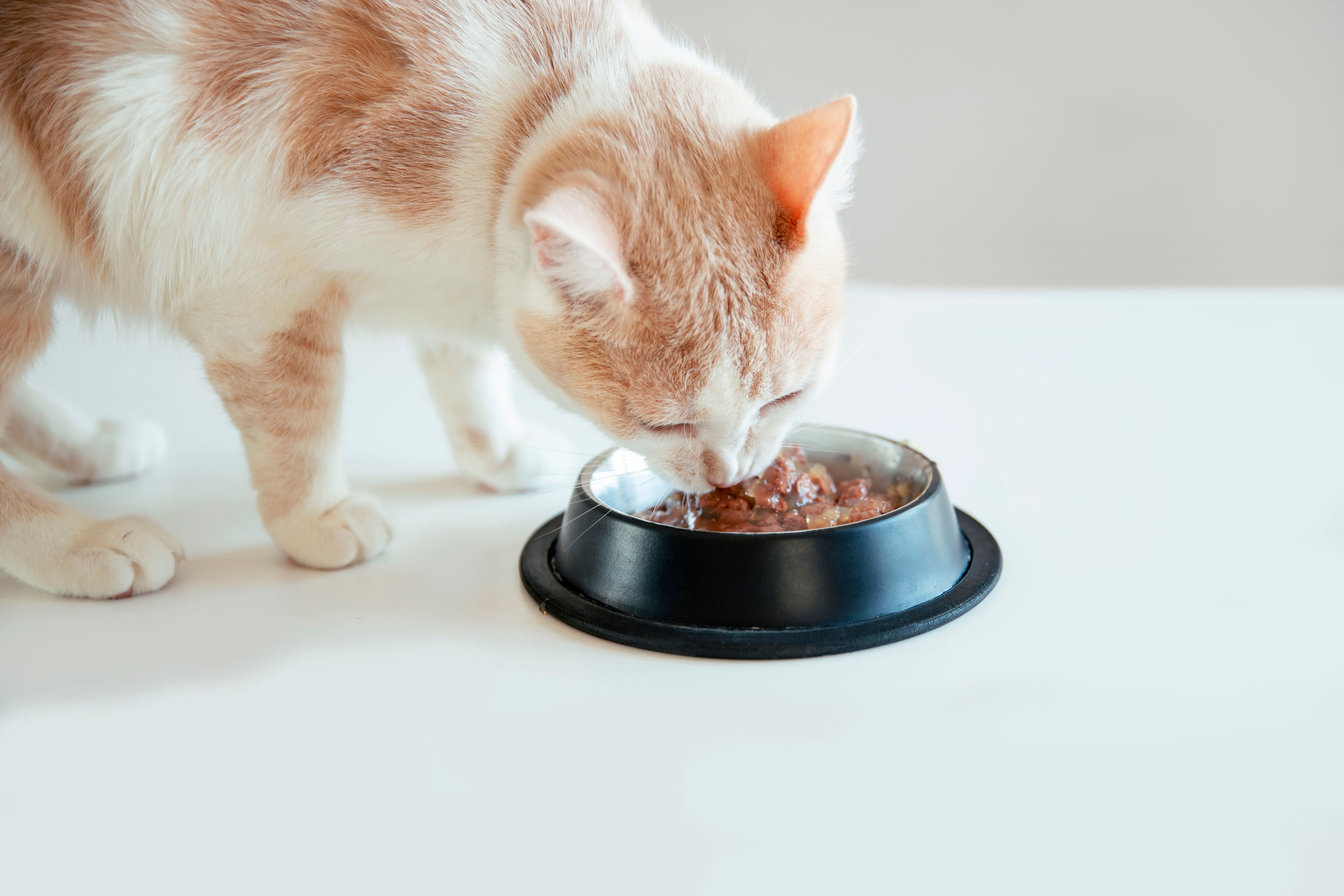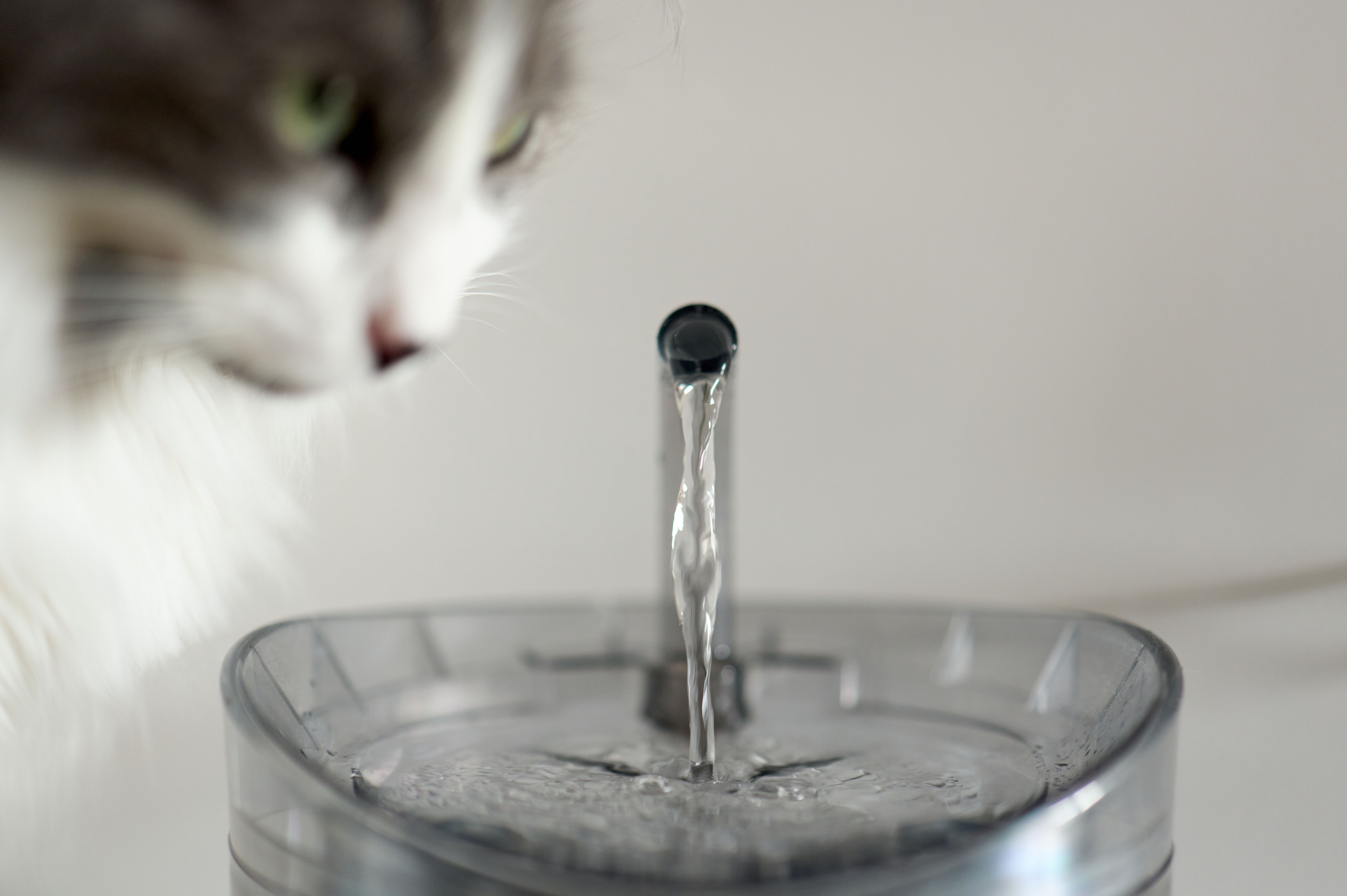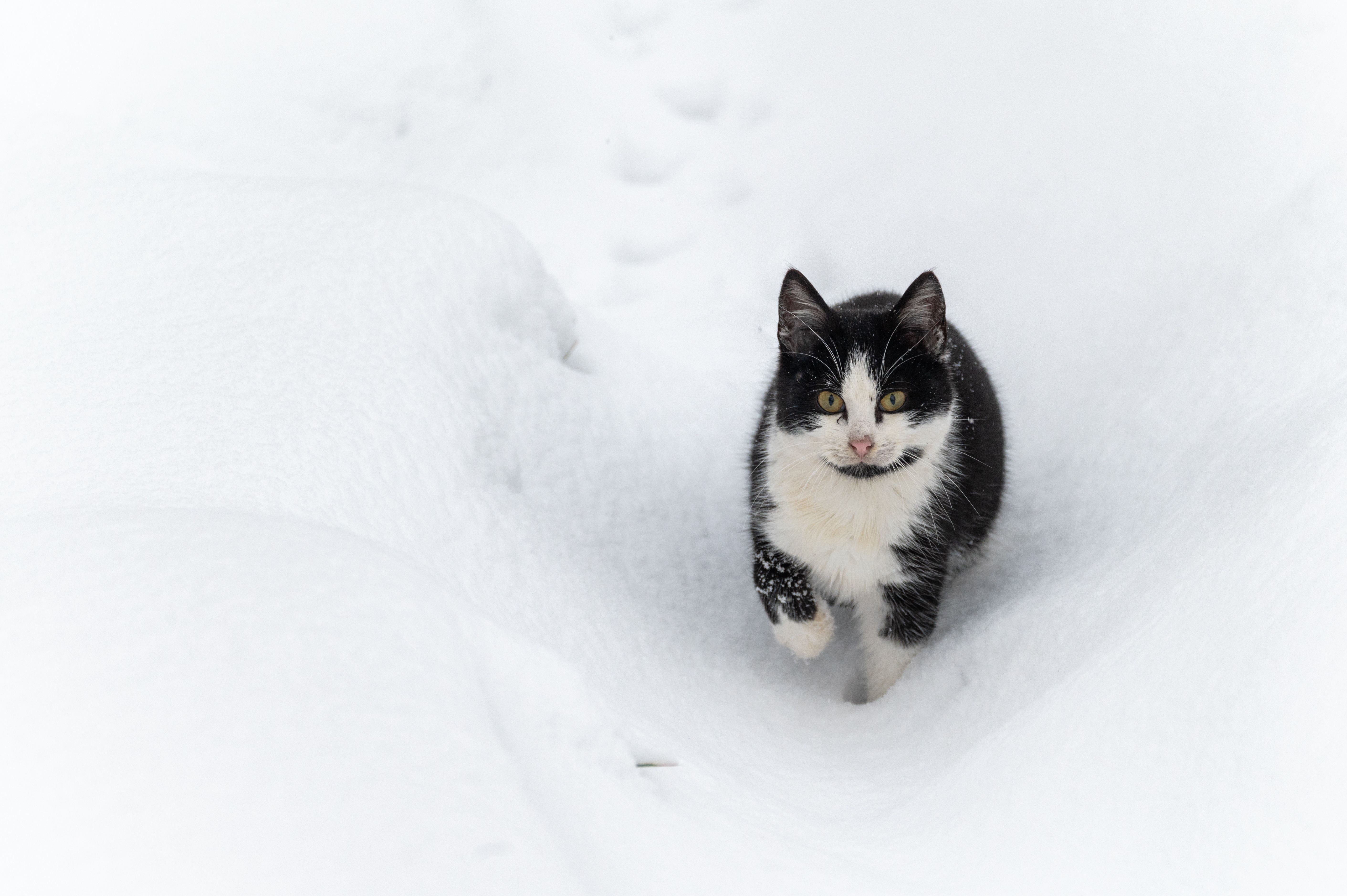Winter Cat Care: Adjusting Your Feline's Diet
Understanding Seasonal Changes
As winter sets in, our feline friends may require some adjustments to their usual care routine, particularly when it comes to their diet. Just like humans, cats can experience changes in their metabolism and energy needs during the colder months. Understanding these seasonal changes is crucial for maintaining your cat's health and happiness.
One of the most significant changes you might notice is an increase in your cat's appetite. This is because cats, like many animals, instinctively prepare for colder weather by consuming more calories to maintain their body heat. It's essential to monitor this change and adjust their diet accordingly without overfeeding.

Adjusting Caloric Intake
During winter, your cat may need a slight increase in caloric intake to compensate for the extra energy they expend keeping warm. However, it's important not to overdo it, as too many calories can lead to weight gain and related health issues. A balanced approach is key.
If your cat is an outdoor explorer, they may burn more calories than indoor cats. Consider a moderate increase in their portion sizes..

Choosing the Right Food
Selecting the right type of food is another critical factor in adjusting your cat's diet for winter. Opt for high-quality cat food that includes plenty of protein and healthy fats. These nutrients help support muscle maintenance and provide the energy needed for warmth.
Many cat food brands offer formulas specifically designed for different seasons. Look for products that contain omega-3 and omega-6 fatty acids, which are beneficial for maintaining a healthy coat and skin during dry winter months.
Maintaining Hydration
Even though it's colder, hydration remains just as important in winter as it is during the warmer months. Cats can sometimes drink less in winter, leading to dehydration. Ensure fresh water is always available and encourage your cat to drink by providing multiple water sources around the house.

Consider incorporating wet food into their diet if they're primarily on dry kibble. Wet food not only provides essential moisture but also tends to be more enticing when appetite might wane due to less activity or colder temperatures.
Monitoring Weight and Health
Regularly check your cat's weight throughout the winter months. A small increase might be normal as they bulk up slightly for warmth, but any dramatic changes should be monitored closely. If you notice significant weight gain or loss, consult with your veterinarian for health check up.
Additionally, keep an eye on your cat’s behavior and energy levels. If they seem lethargic or disinterested in food, it could indicate an underlying health issue that requires attention.
Preparing for Winter Adventures
If your cat enjoys spending time outdoors, ensure they're adequately prepared for winter adventures. Consider a protective winter coat for particularly cold days and check their paws for any signs of frostbite or discomfort from snow or ice.

Ultimately, adjusting your cat's diet and care routine for winter can help them stay healthy, comfortable, and happy during the colder months. By understanding their changing needs and providing the right nutrition, you can ensure your feline friend thrives all year round.
🧡 Martyna
Feline Behaviourist & Nutritionist
Founder of CatZone